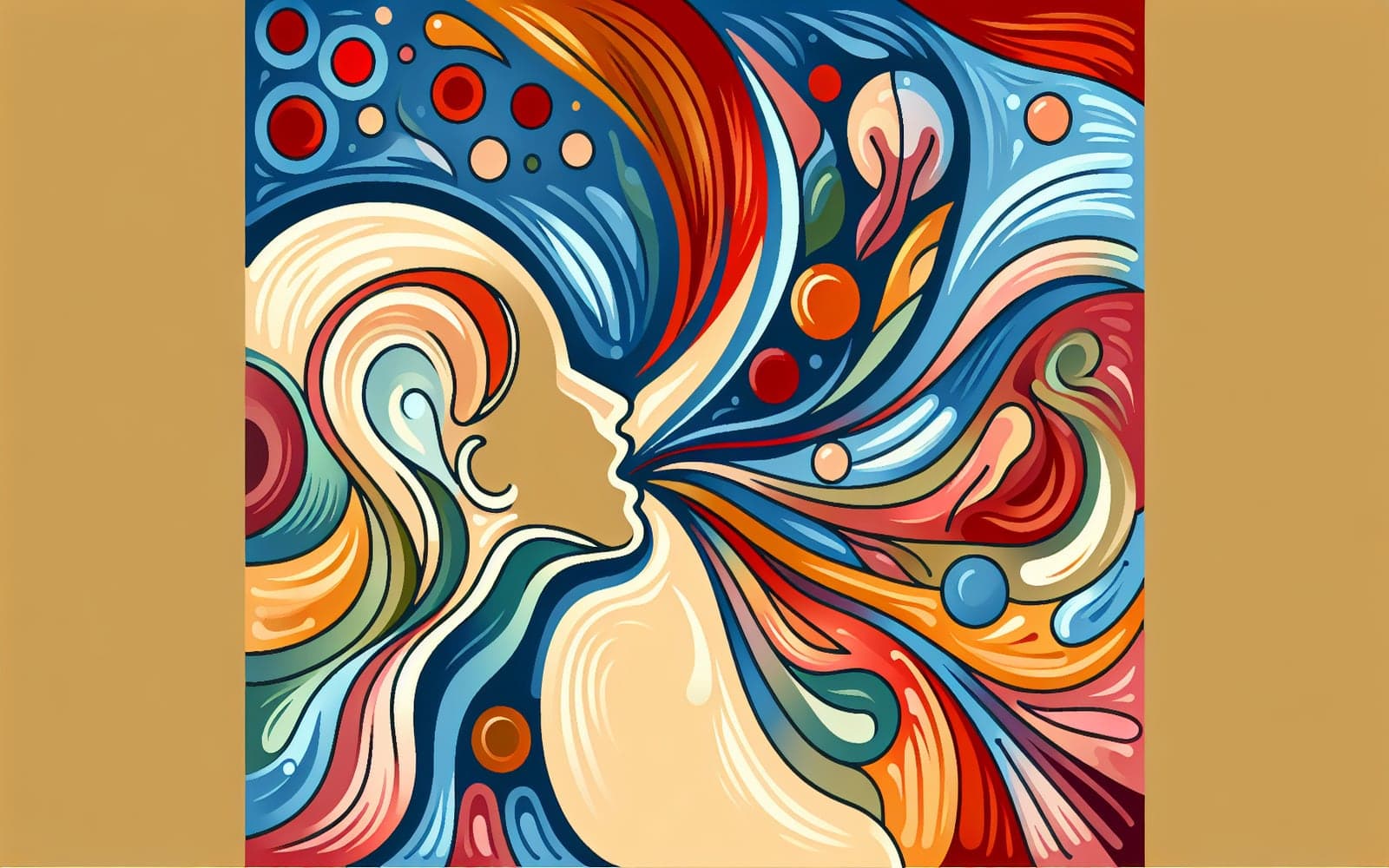Dysphagia: When Swallowing Becomes a Struggle
Published: Jan 13, 2024
Dysphagia, or difficulty swallowing, is a common but concerning symptom that can significantly impact quality of life. Understanding its causes and proper evaluation is crucial for effective management.
Contents
Types of Dysphagia
There are two main types of dysphagia: oropharyngeal and esophageal. Oropharyngeal dysphagia involves difficulty initiating a swallow, often accompanied by coughing or choking. Esophageal dysphagia occurs when food seems to get stuck in the throat or chest after swallowing has begun.
Common Causes
Esophageal dysphagia can be caused by various conditions. These include structural problems like strictures or rings, motility disorders like achalasia, or inflammatory conditions like eosinophilic esophagitis. In some cases, dysphagia may be a sign of esophageal cancer, especially if accompanied by rapid weight loss.

Red Flags and When to Seek Help
While occasional difficulty swallowing may not be cause for alarm, certain symptoms warrant immediate medical attention. These include inability to swallow, pain while swallowing, regurgitation of food, or unexplained weight loss. Persistent dysphagia, even if mild, should always be evaluated by a healthcare professional.
Frequently Asked Questions
No, significant swallowing difficulties are not a normal part of aging.
While stress doesn't directly cause dysphagia, it can exacerbate symptoms in some cases.
Treatment depends on the underlying cause and may include medications, dietary changes, or procedures.
Many cases can be effectively managed or cured with proper diagnosis and treatment.
Key Takeaways
Dysphagia is a symptom that should never be ignored, as early diagnosis and treatment can significantly improve outcomes and quality of life.
If you're experiencing persistent difficulty swallowing, don't hesitate to discuss your symptoms with Doctronic for personalized guidance and evaluation.Related Articles
References
Spechler SJ. American gastroenterological association medical position statement on treatment of patients with dysphagia caused by benign disorders of the distal esophagus. Gastroenterology 1999; 117:229.
ASGE Standards of Practice Committee, Pasha SF, Acosta RD, et al. The role of endoscopy in the evaluation and management of dysphagia. Gastrointest Endosc 2014; 79:191.
Always discuss health information with your healthcare provider.

